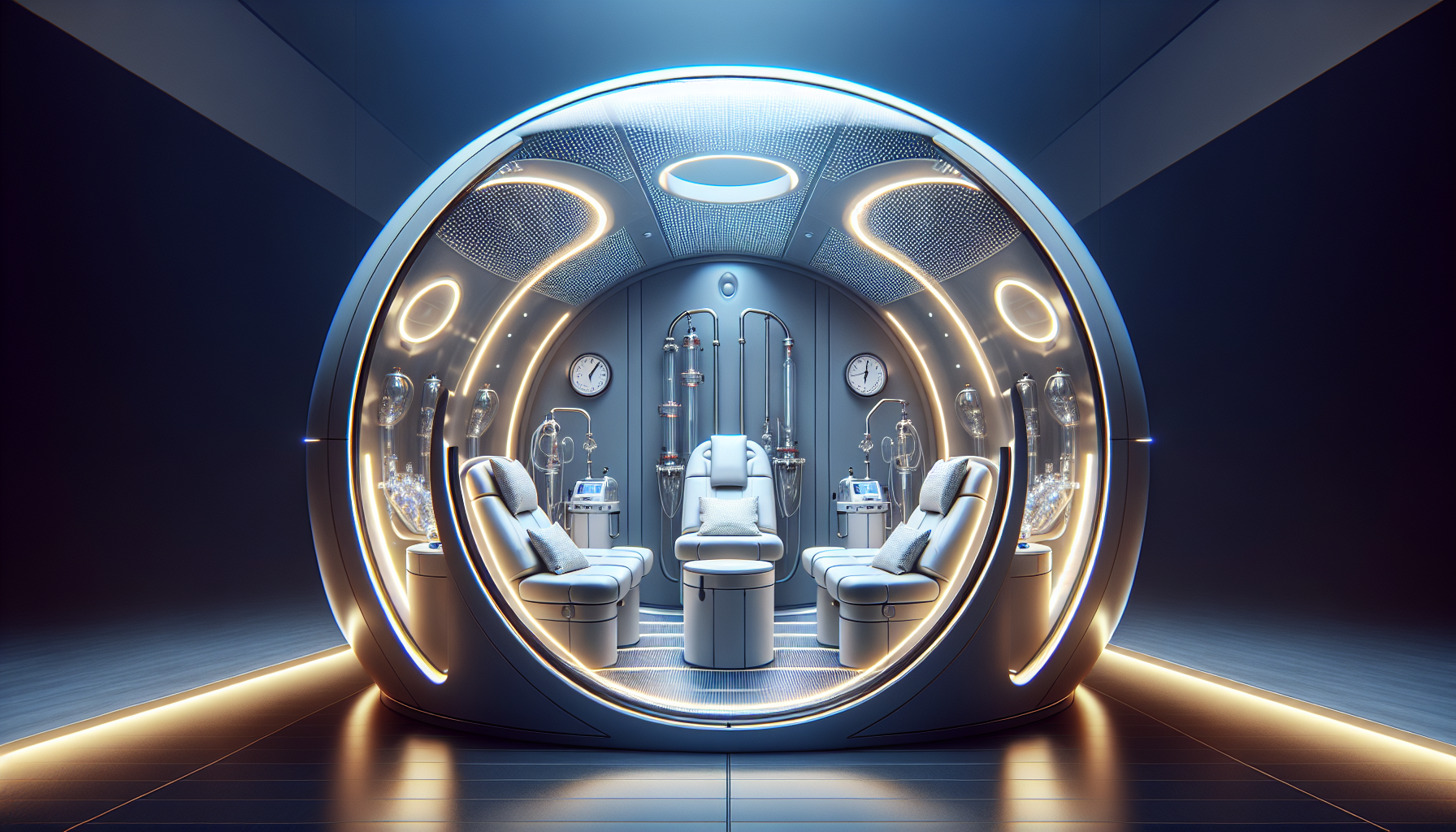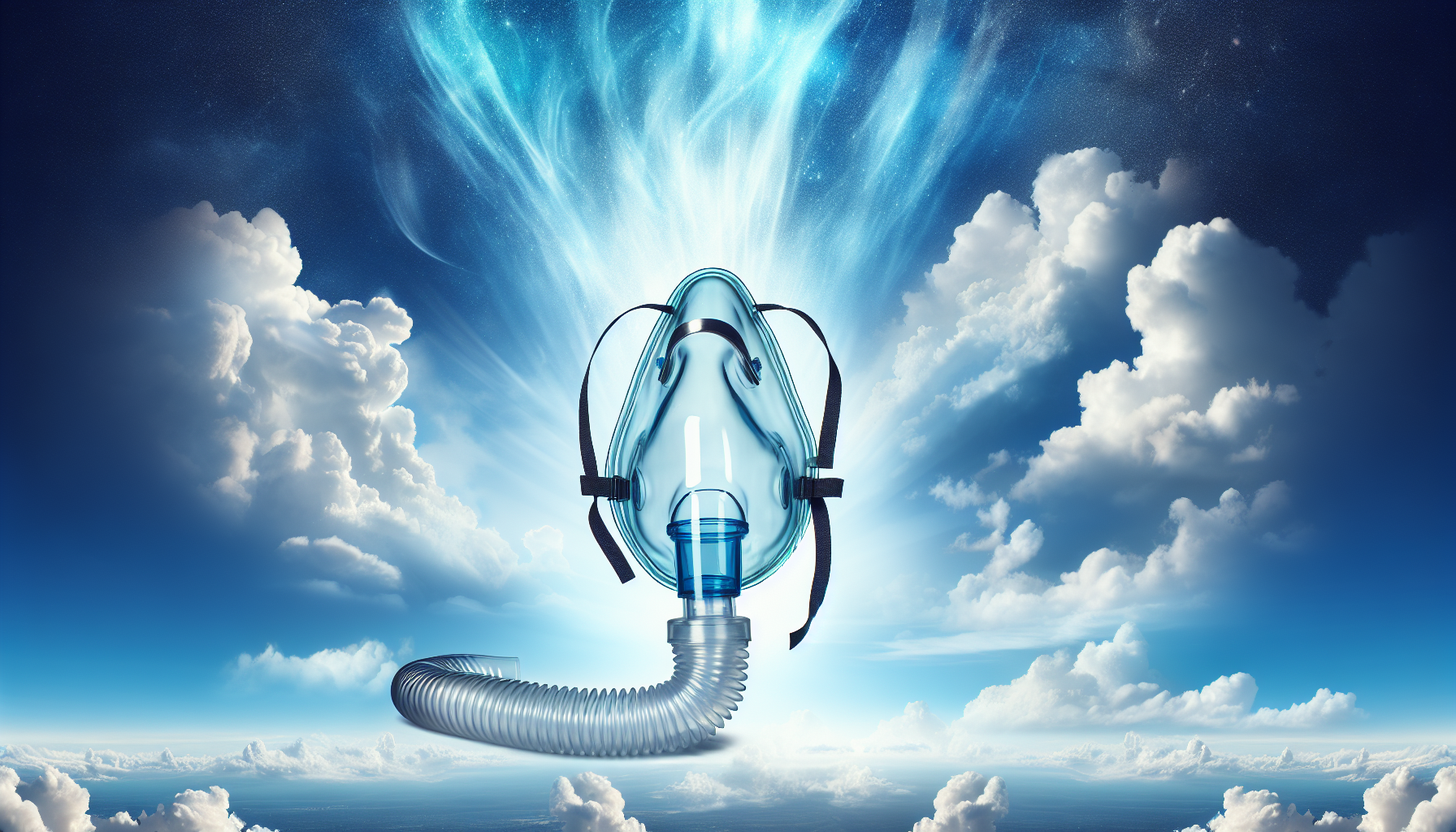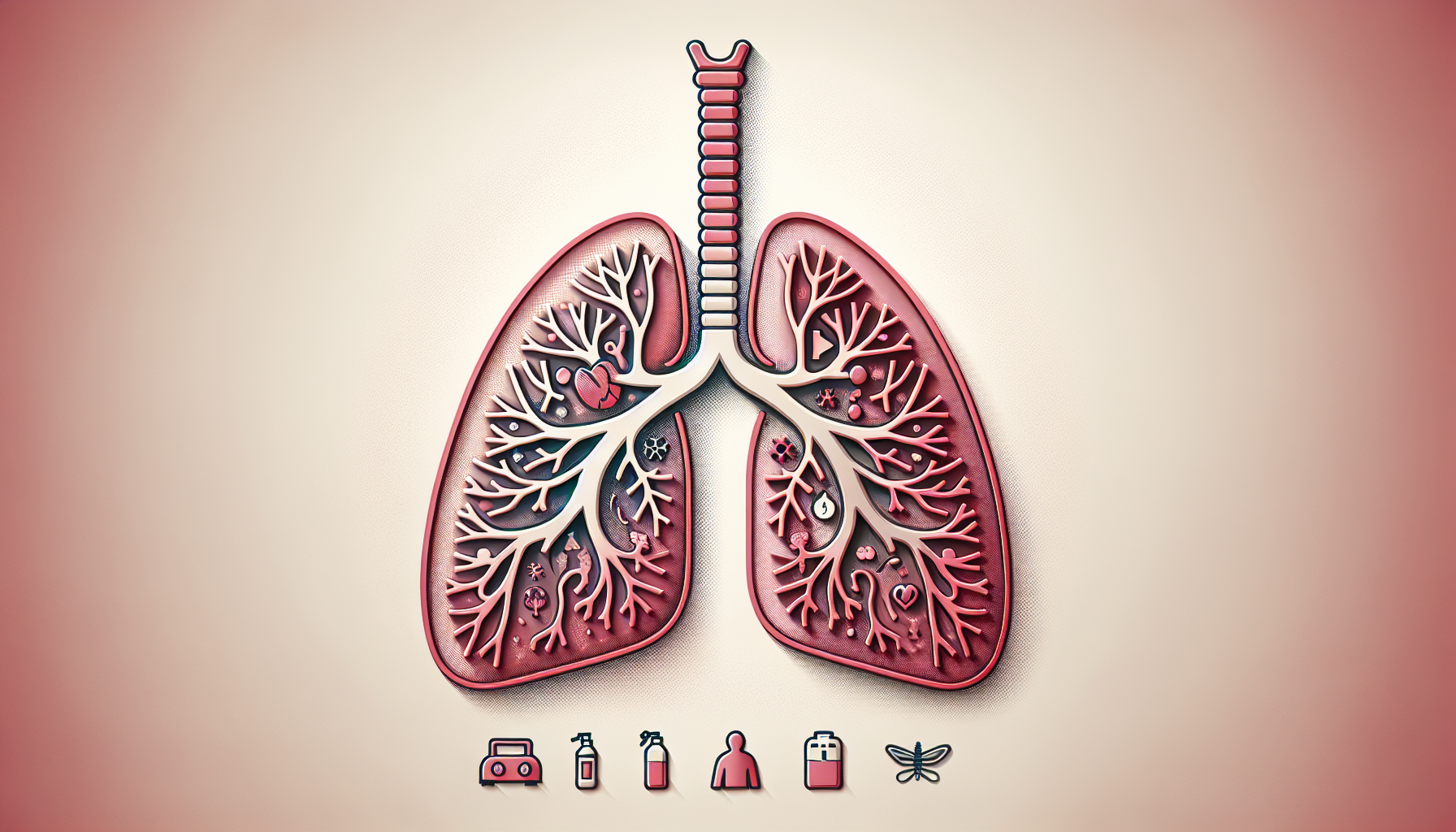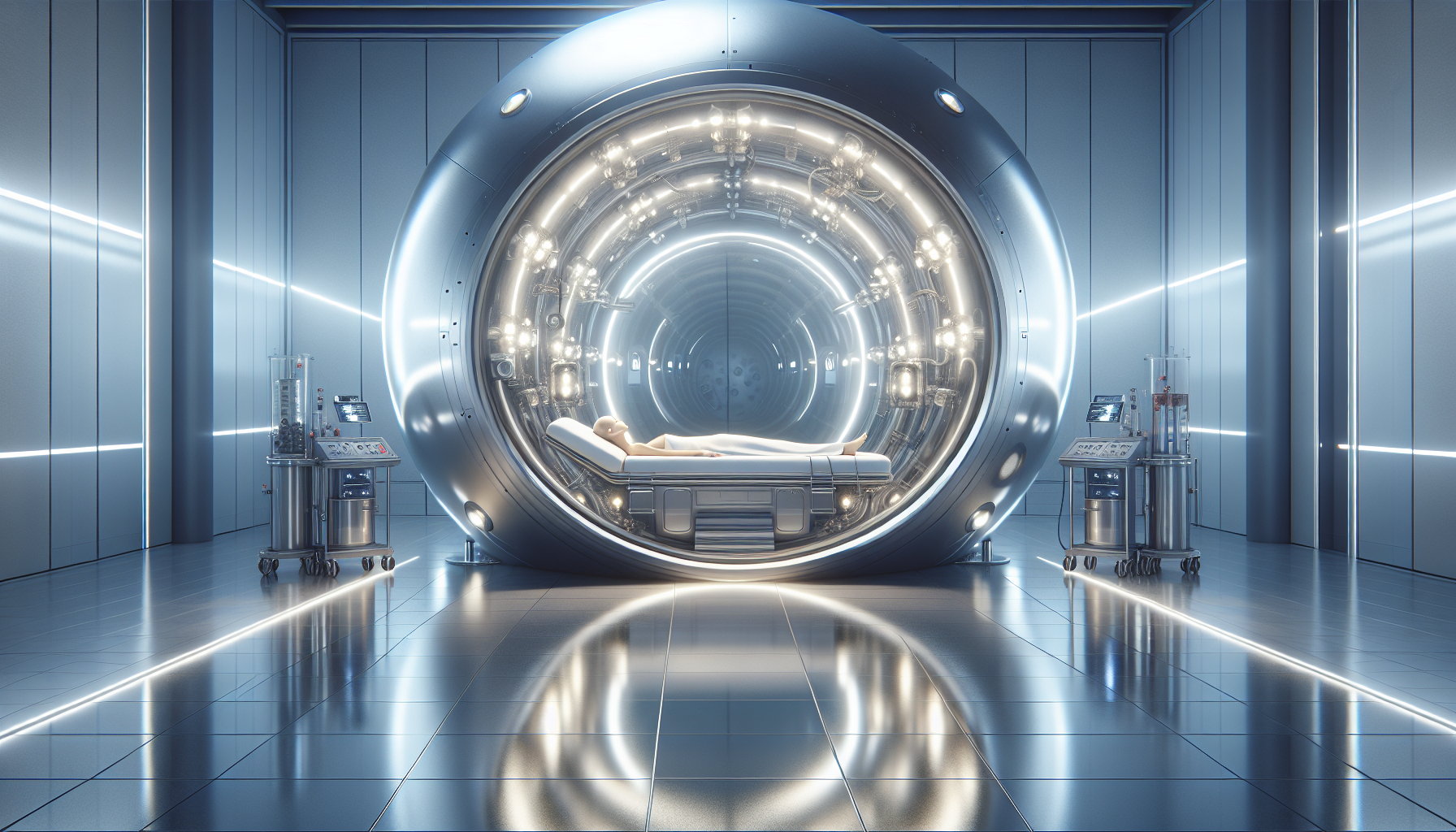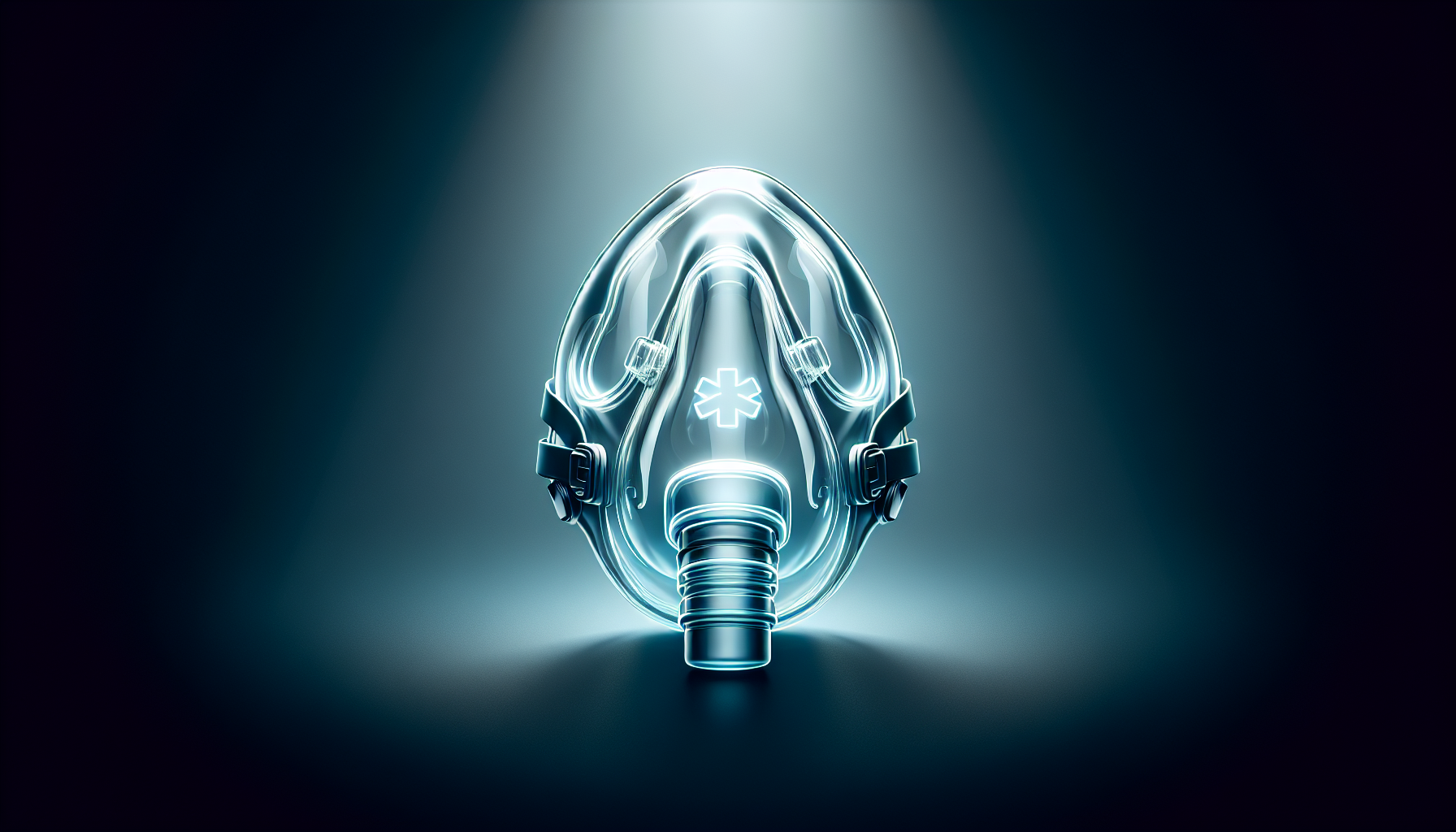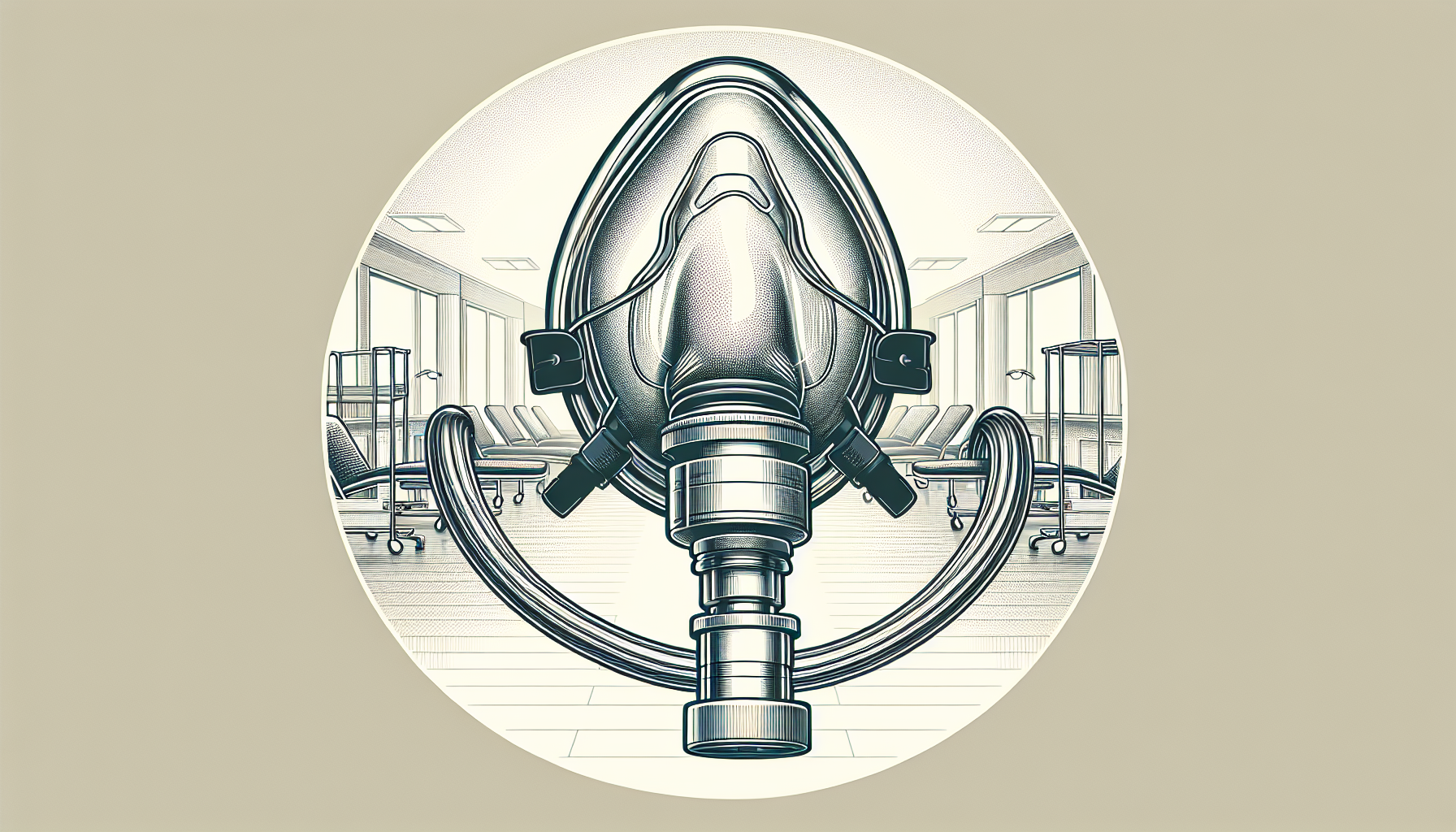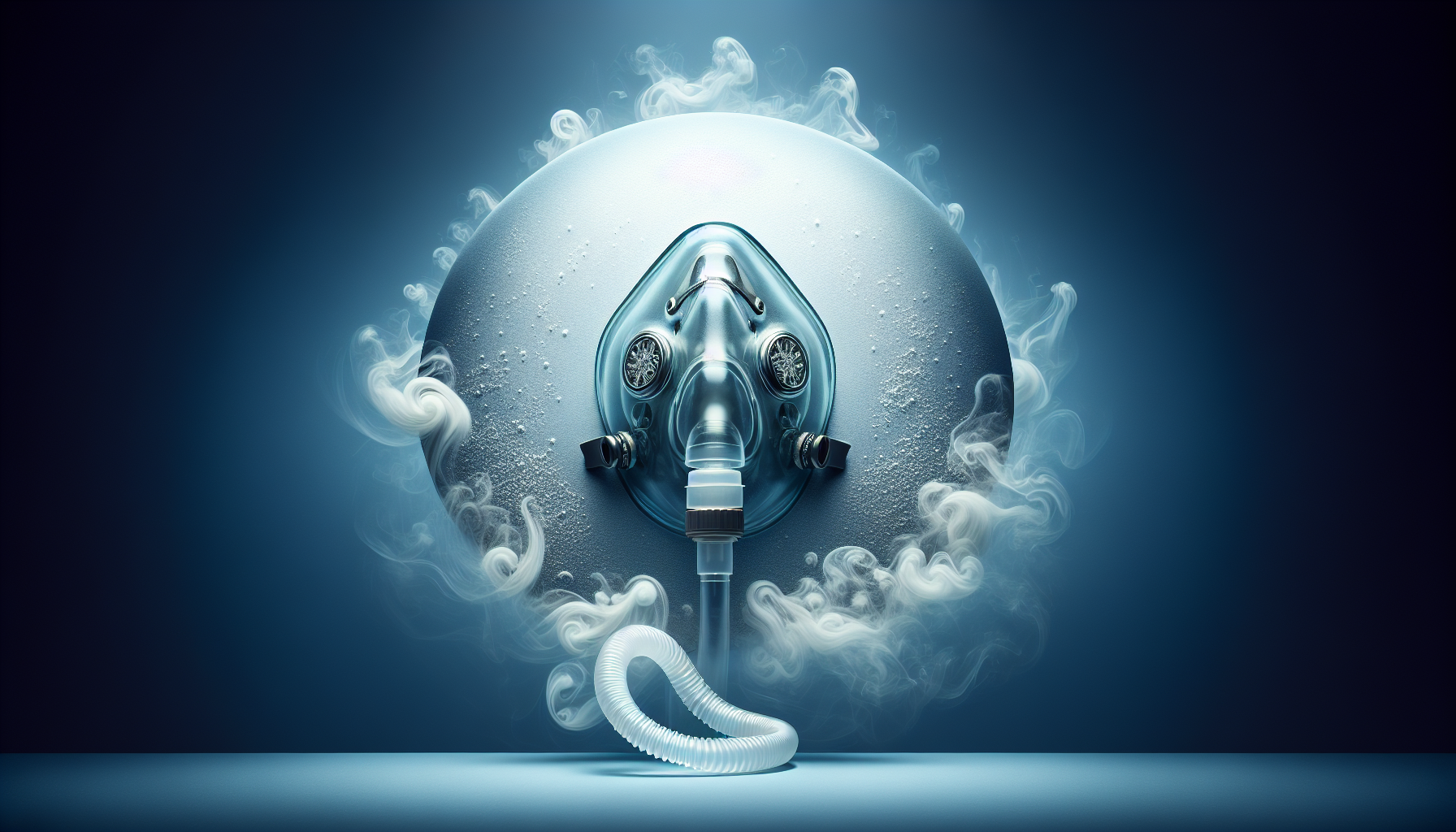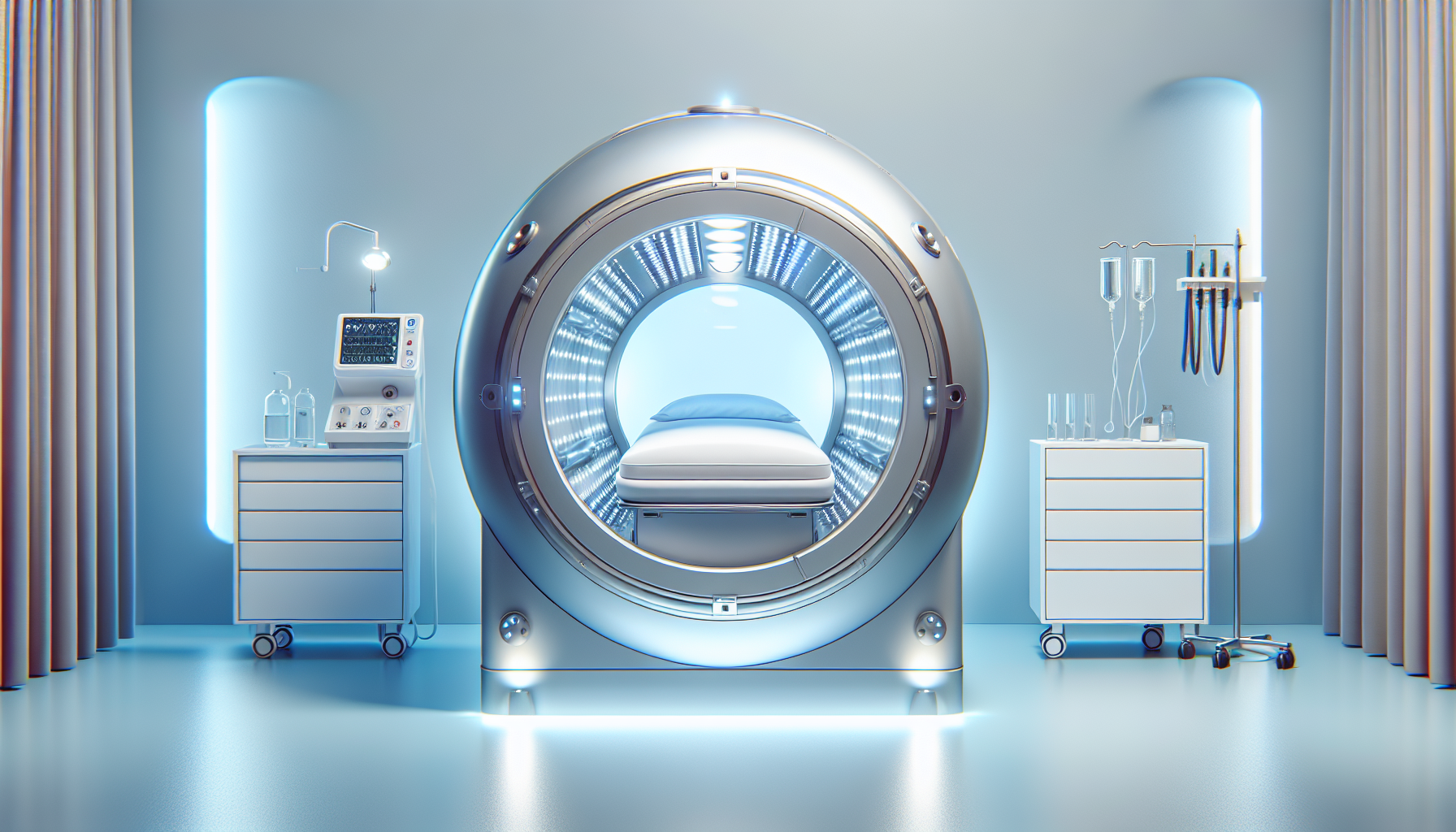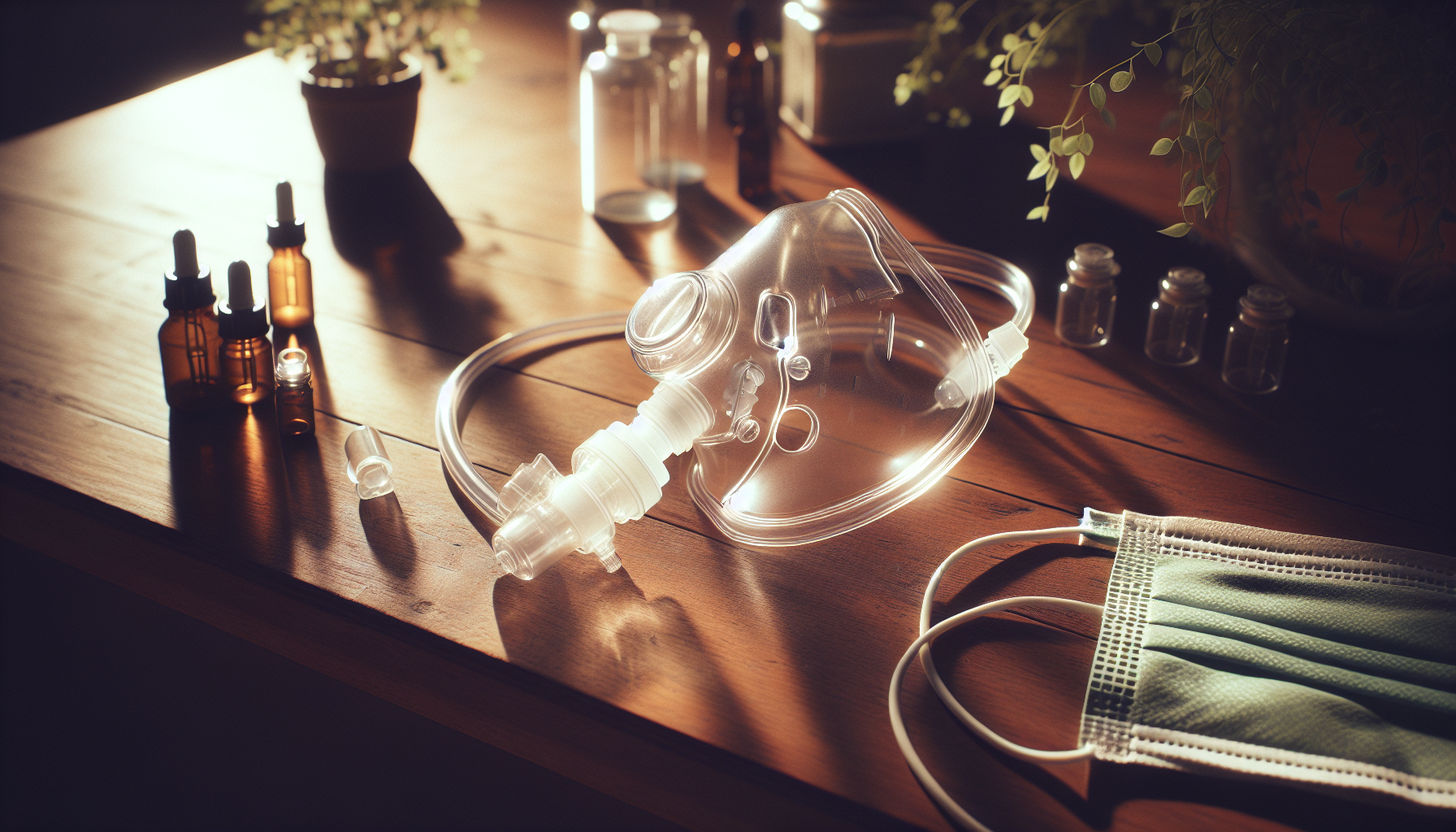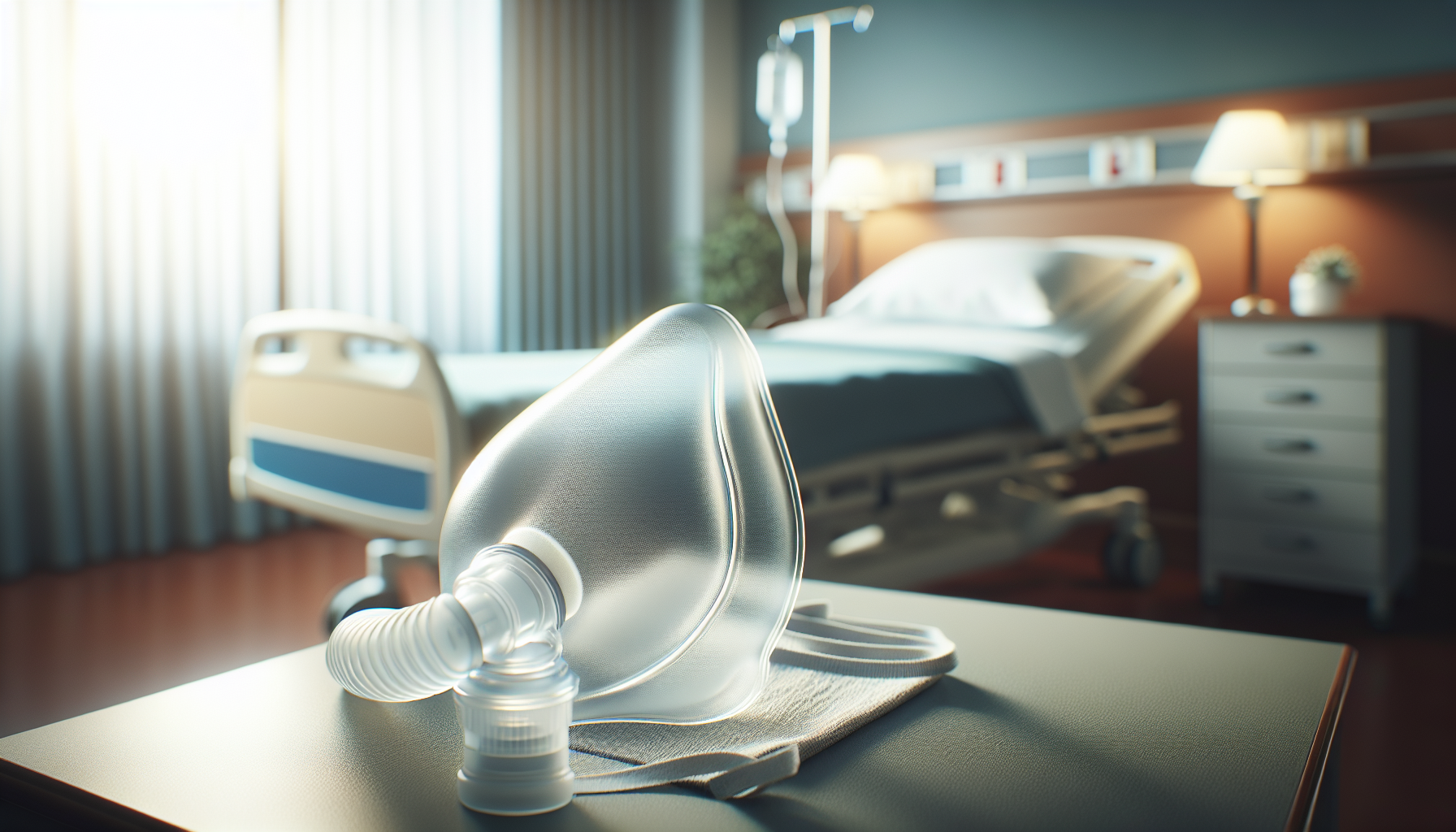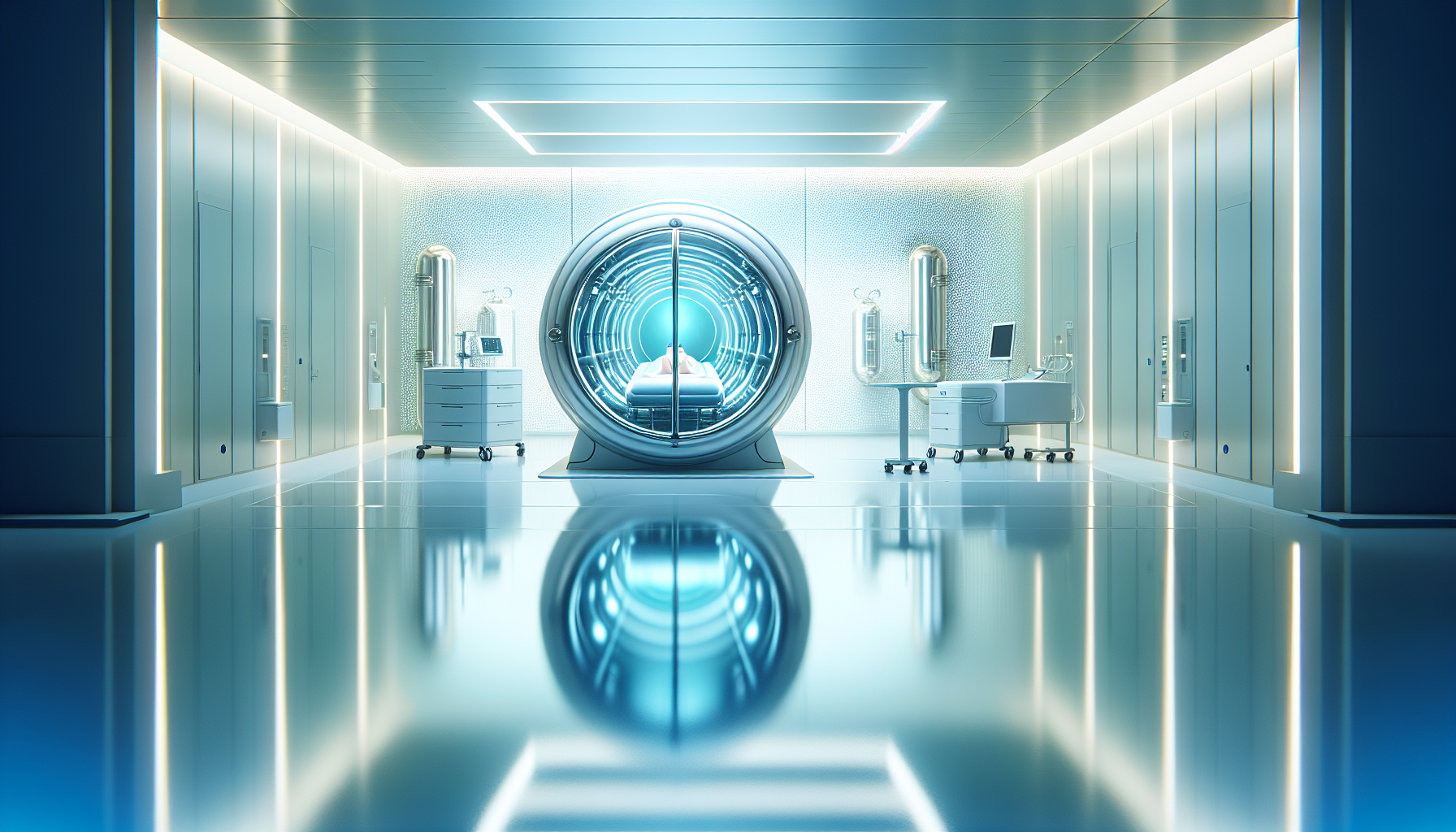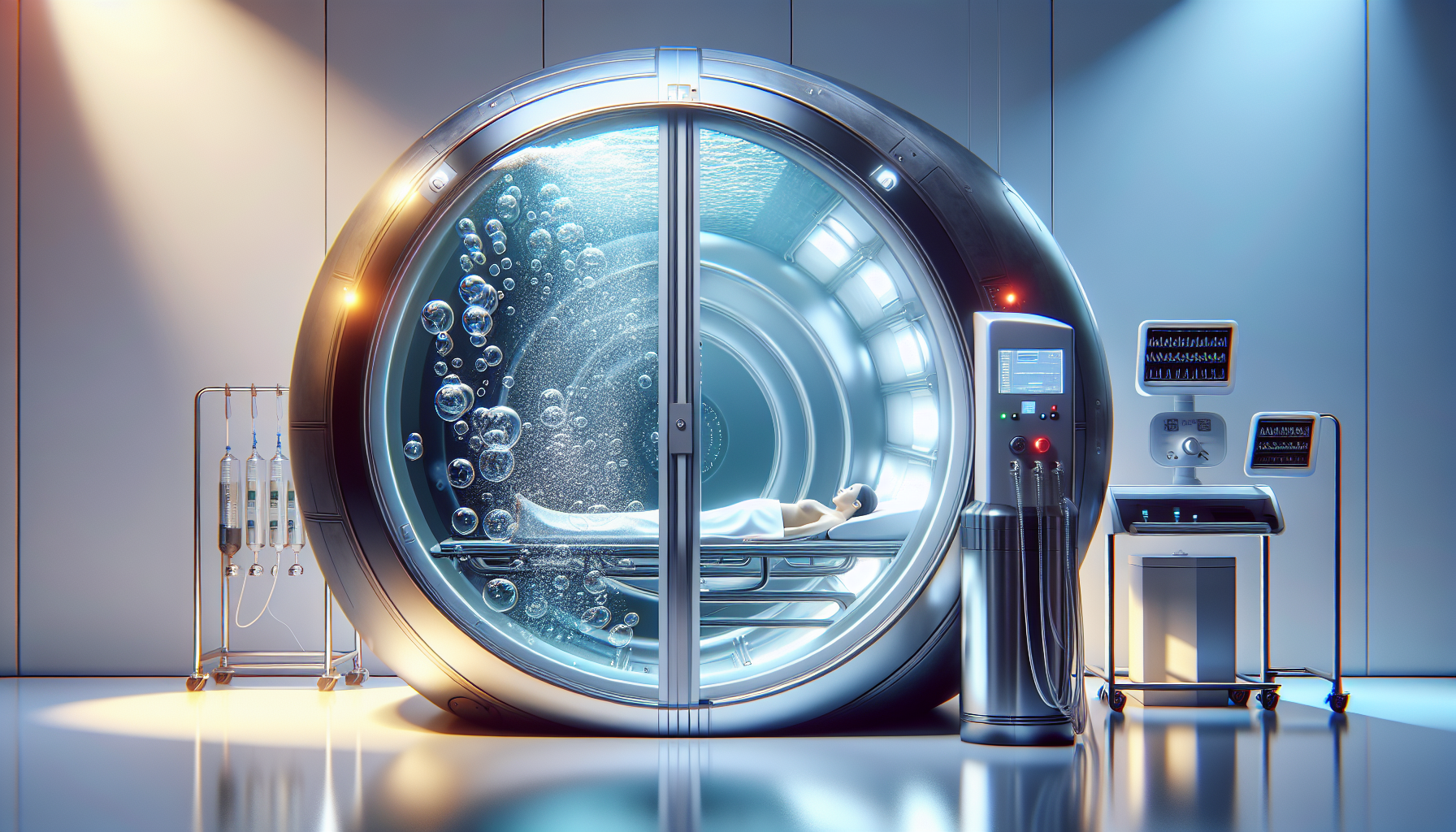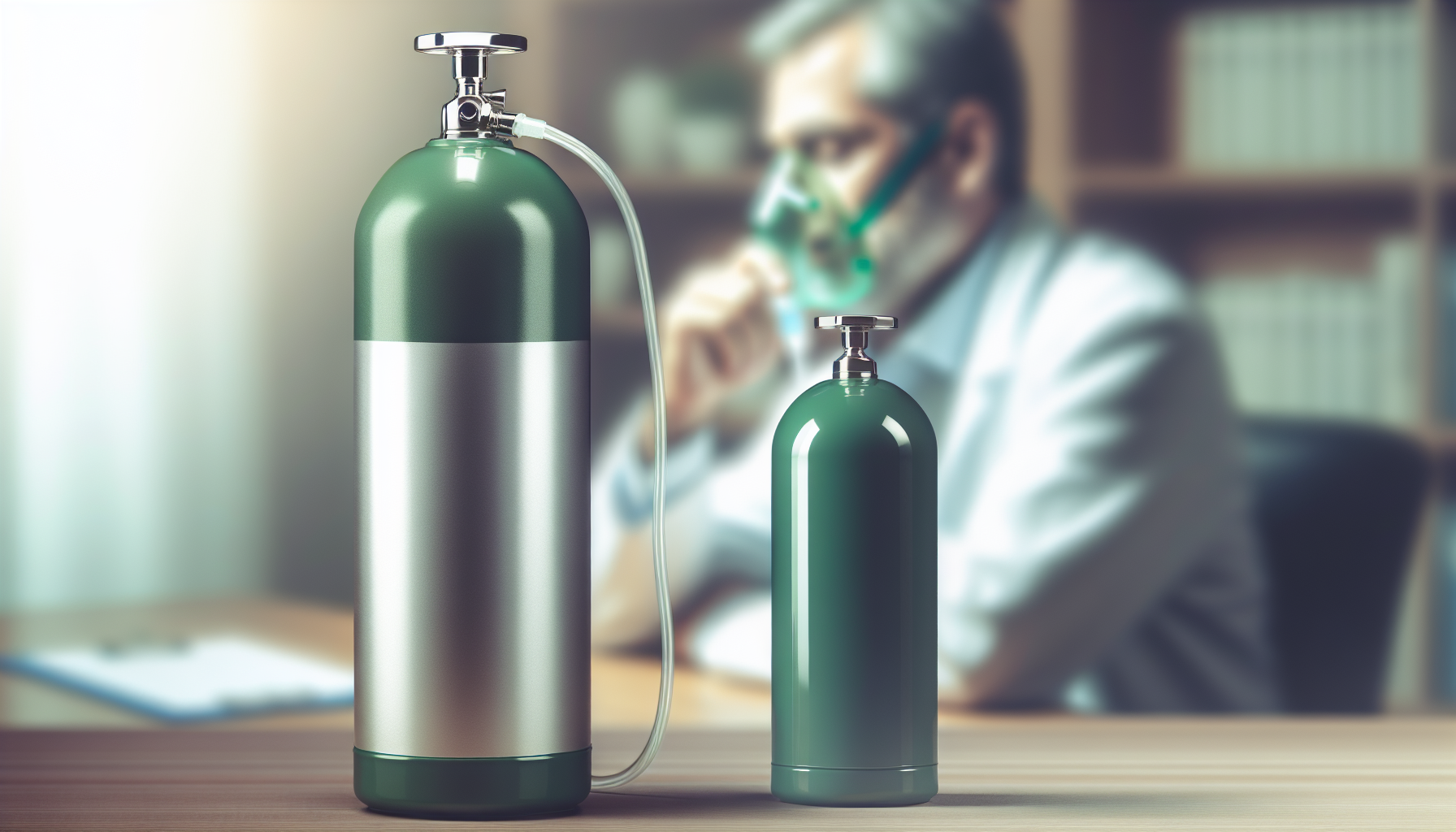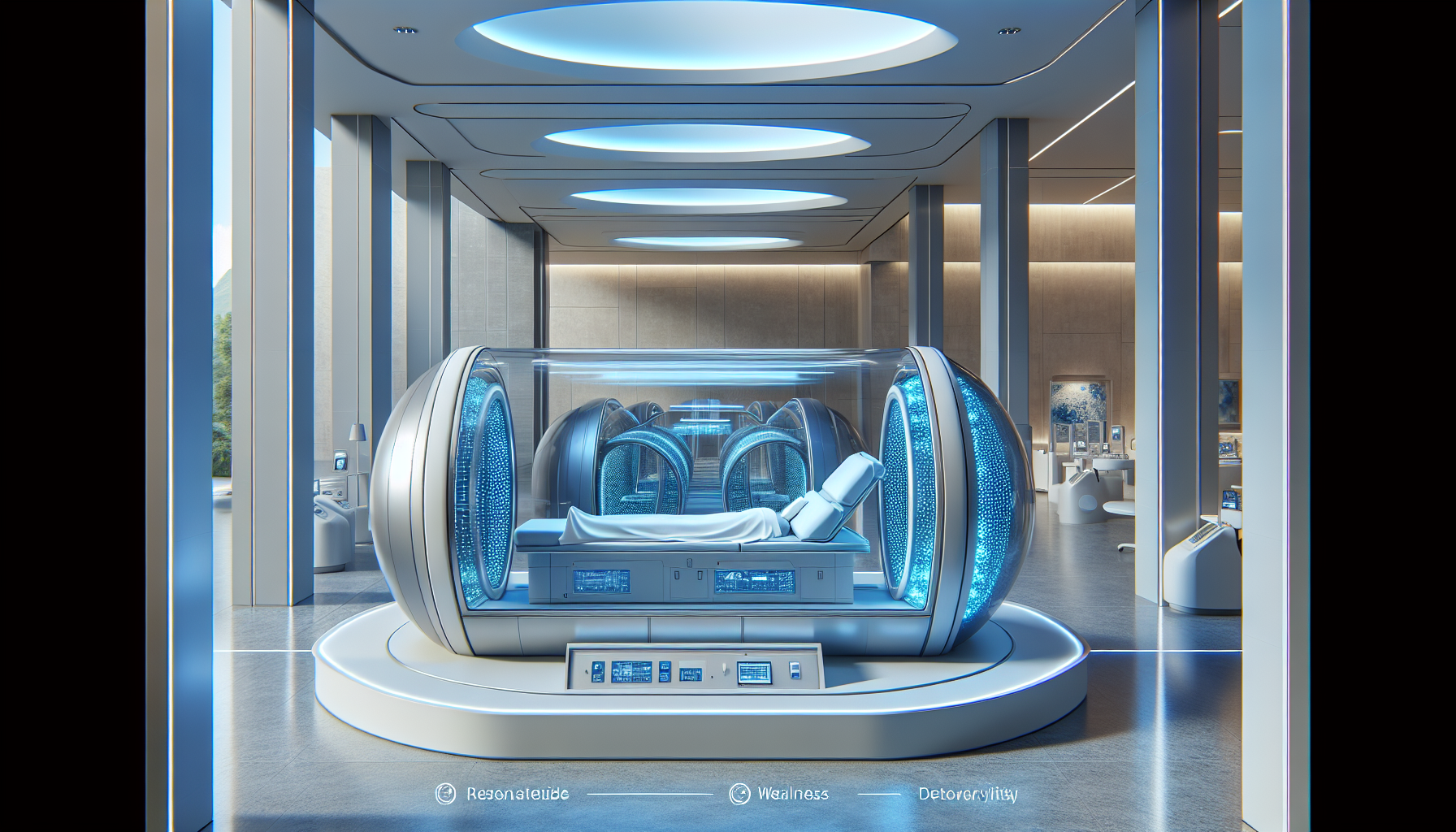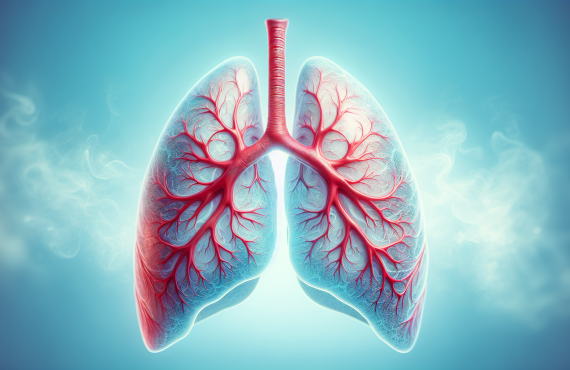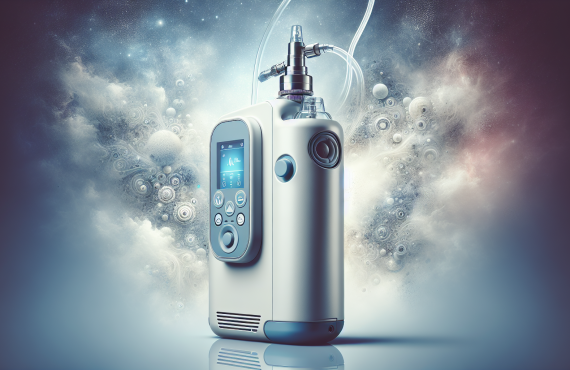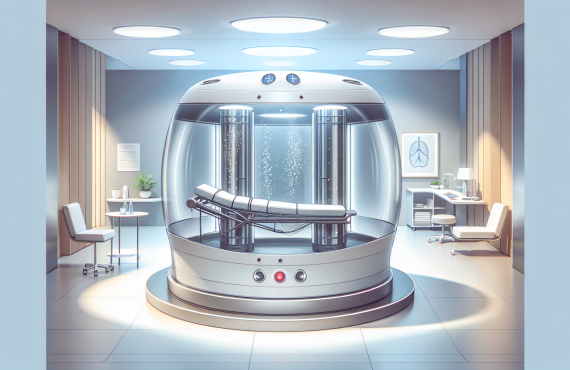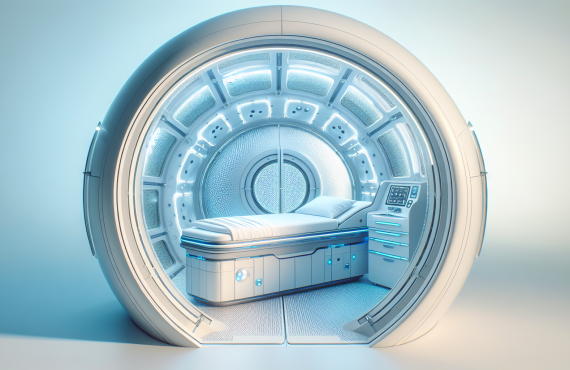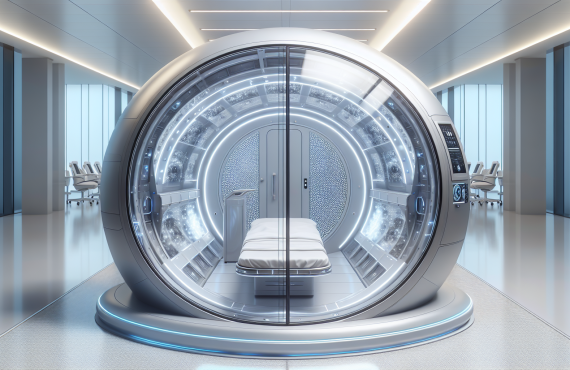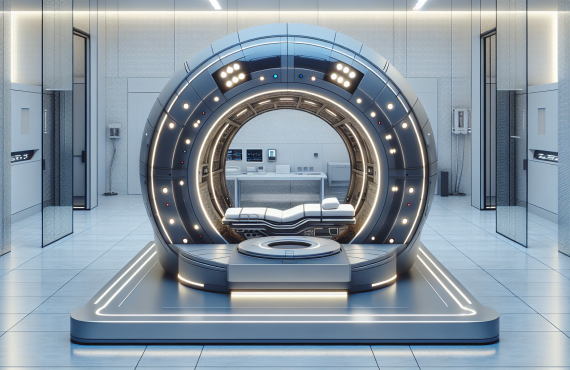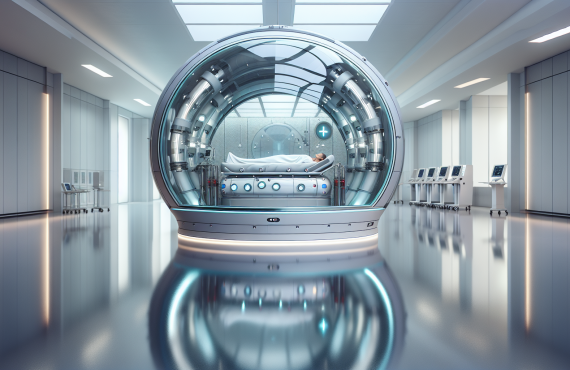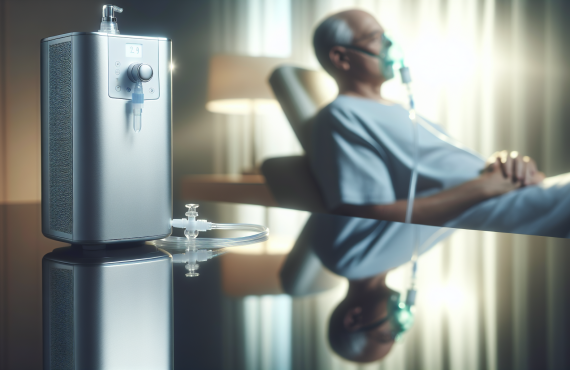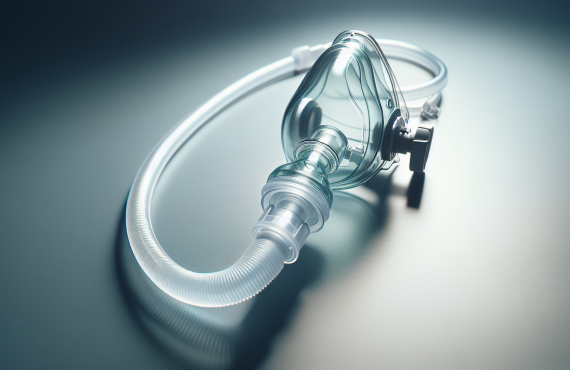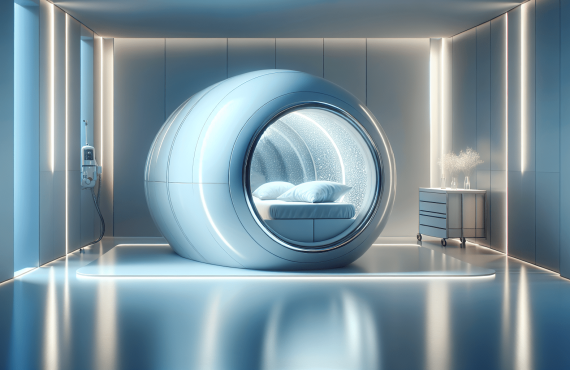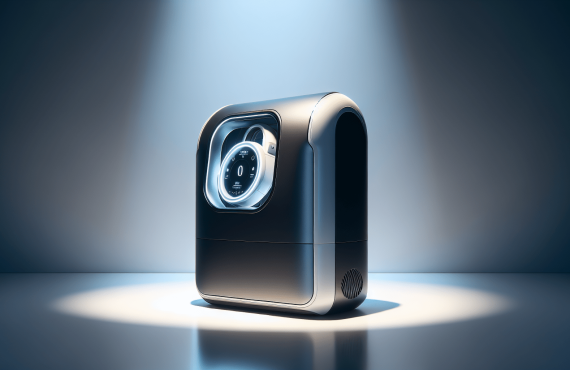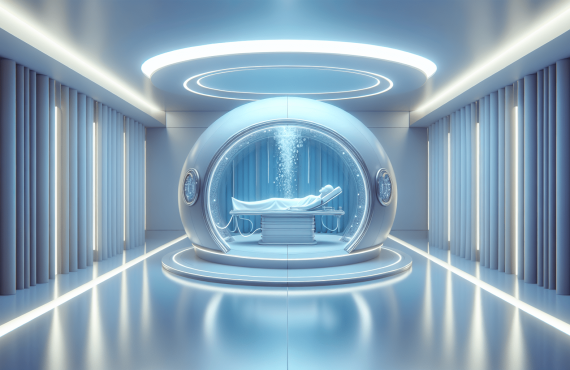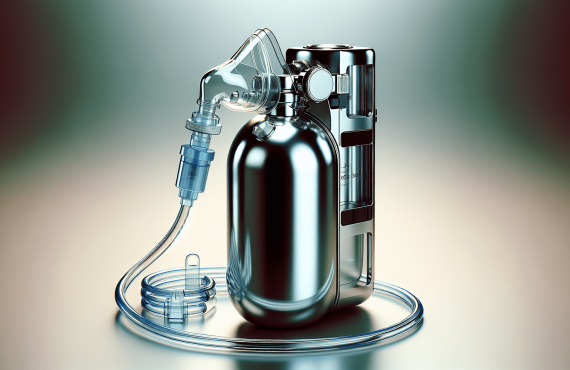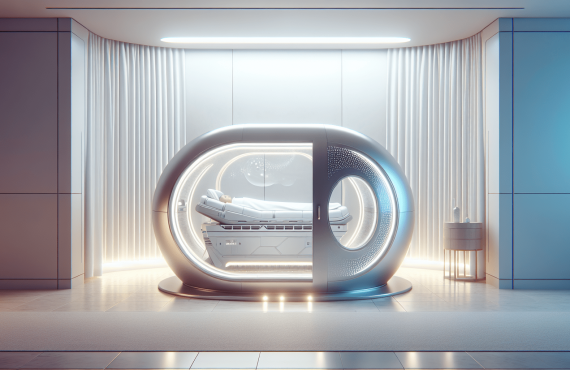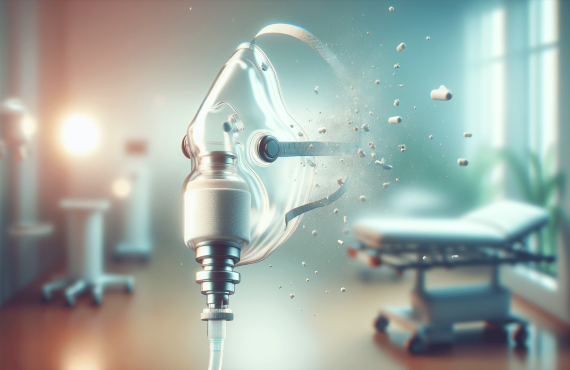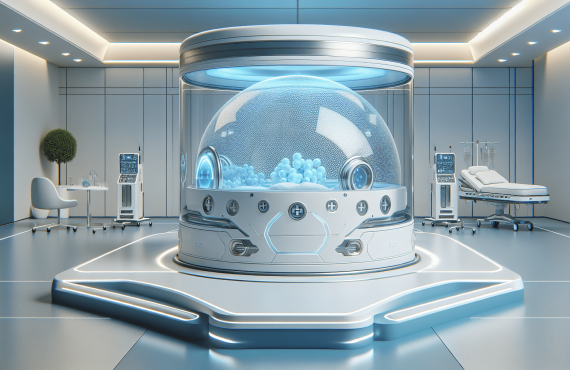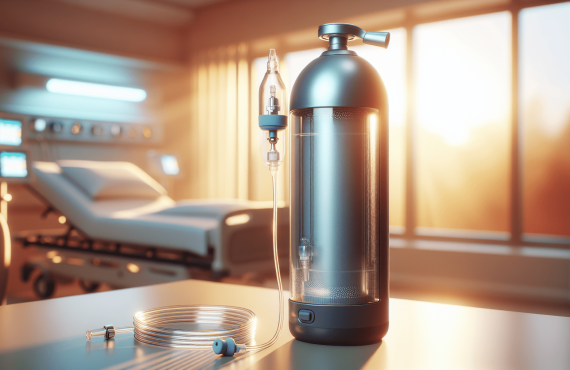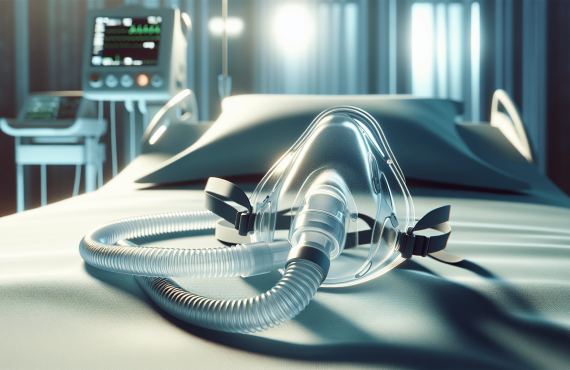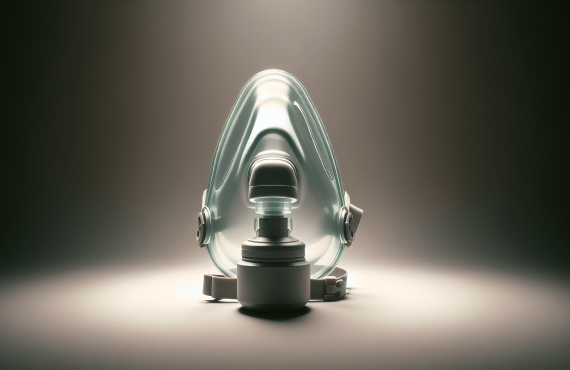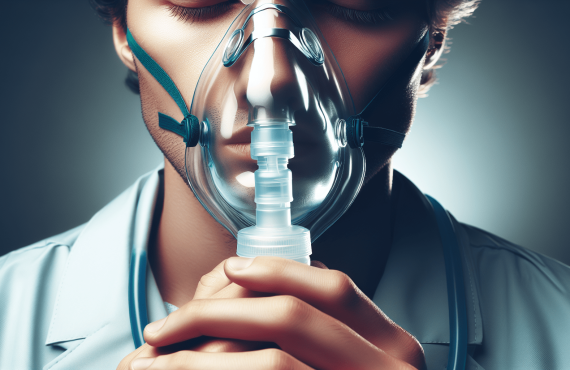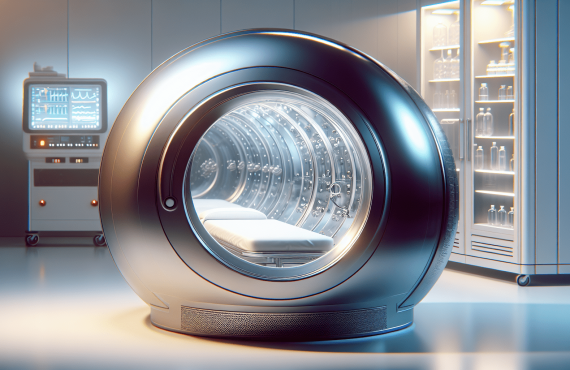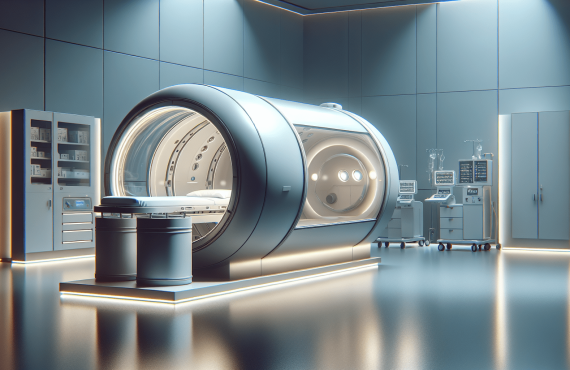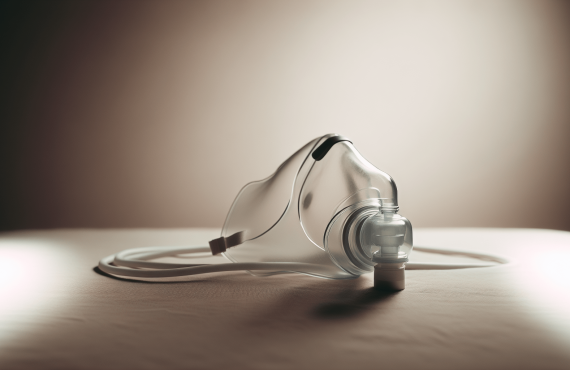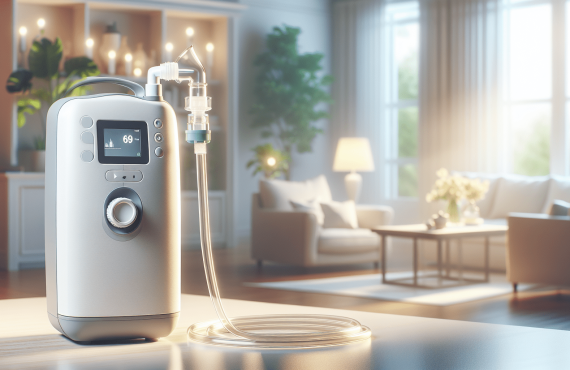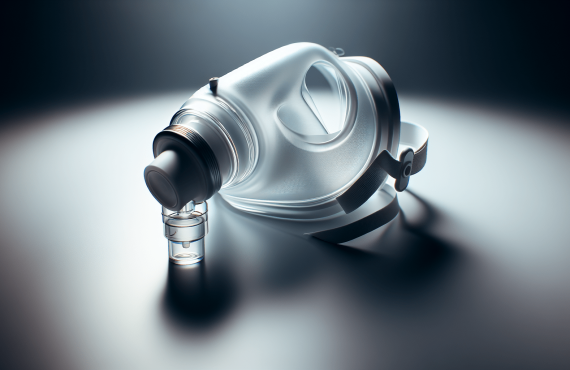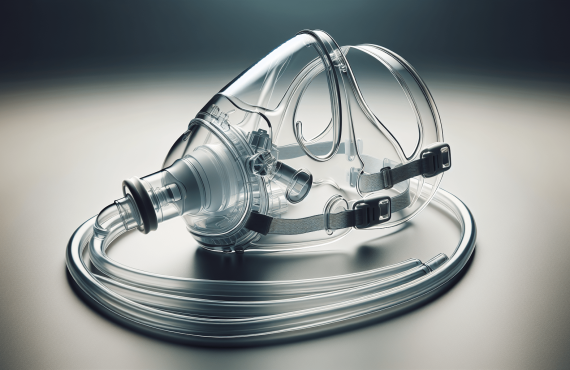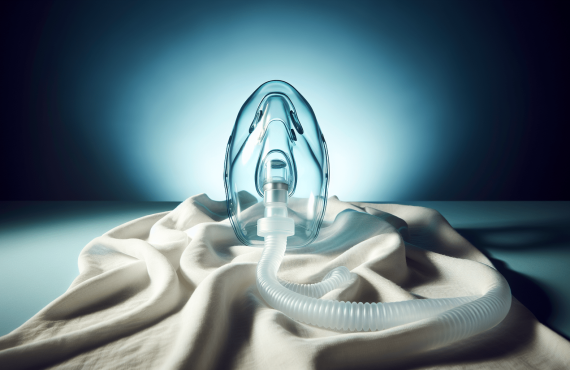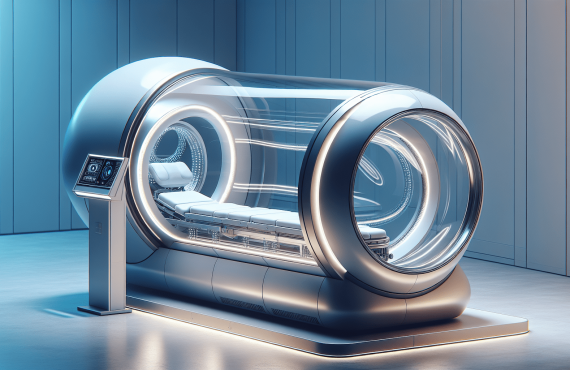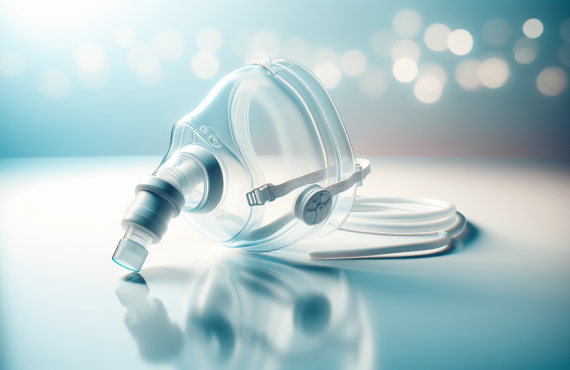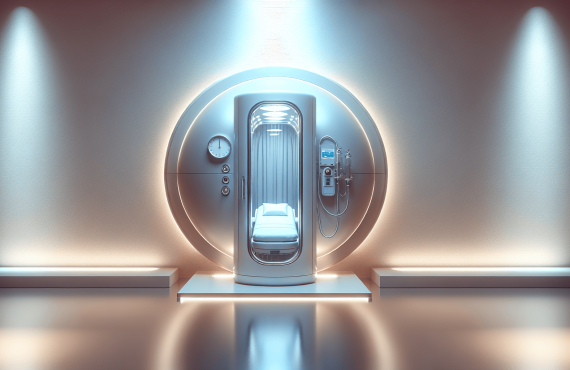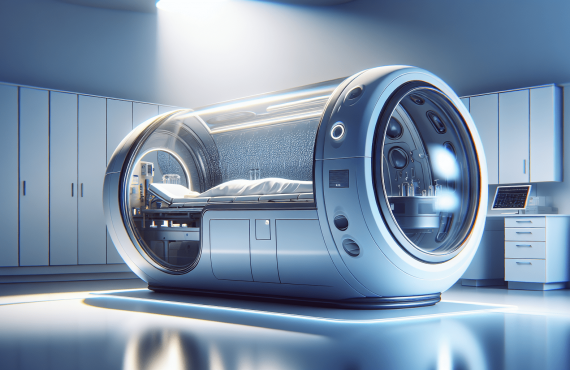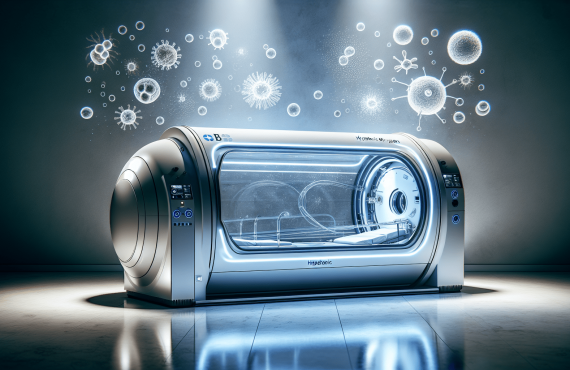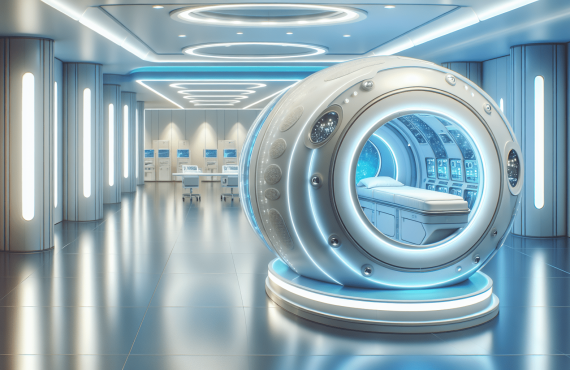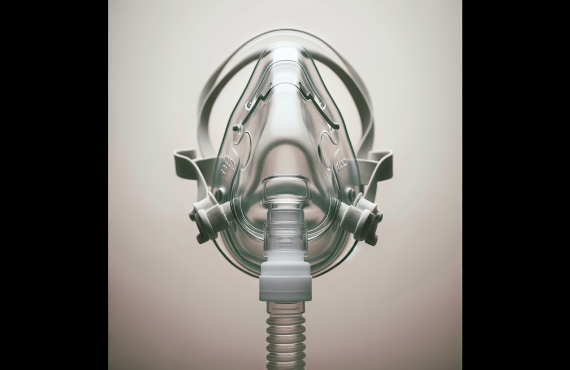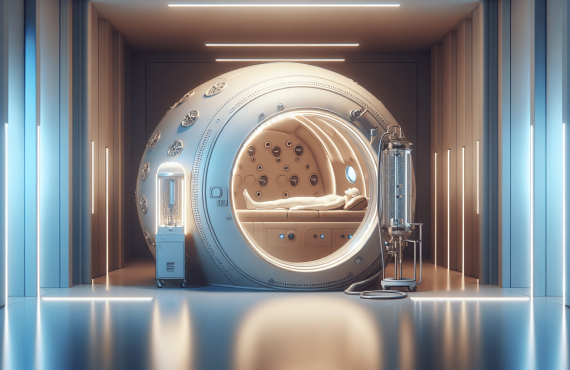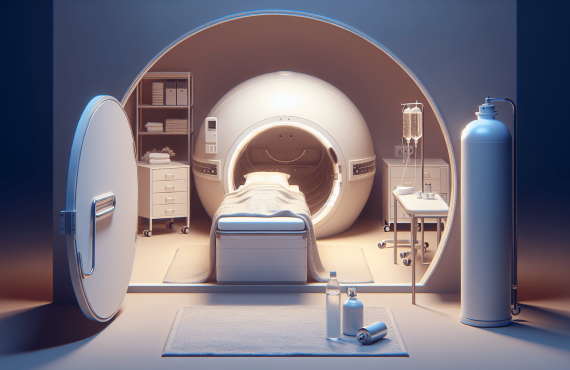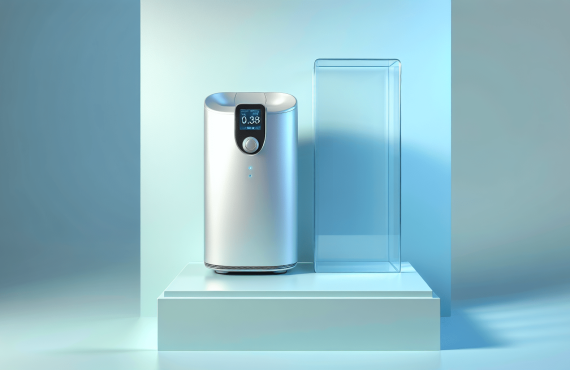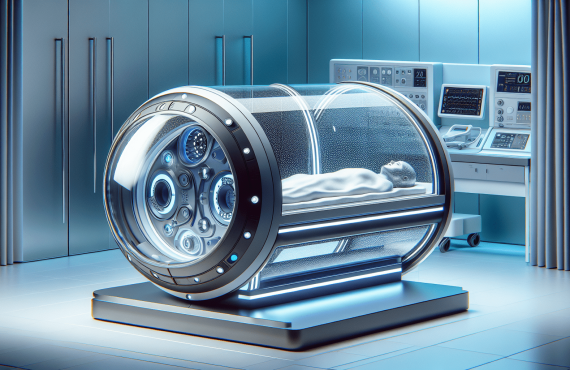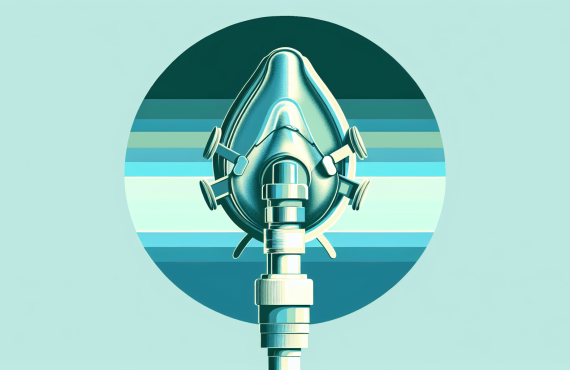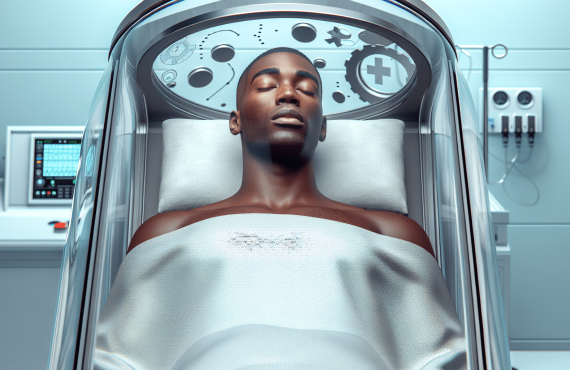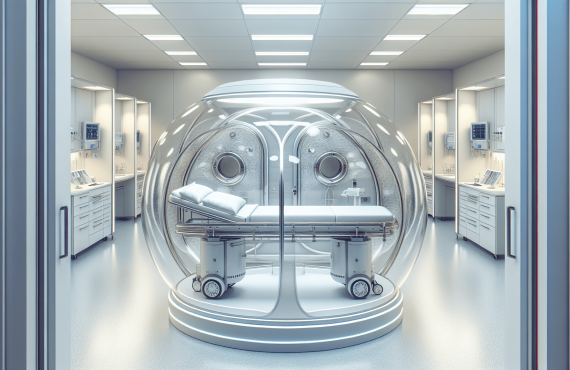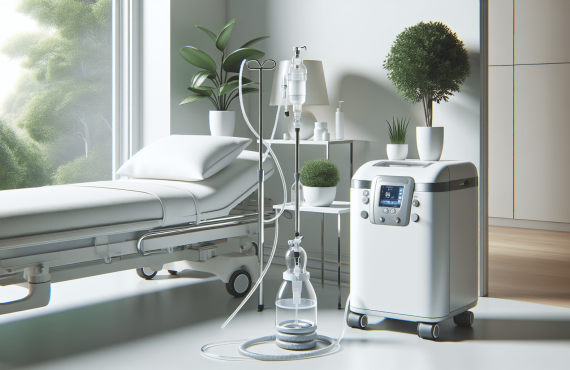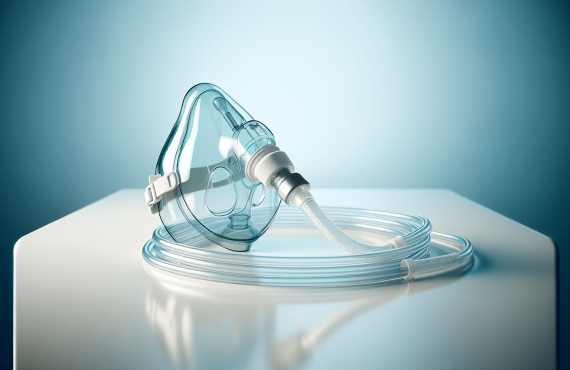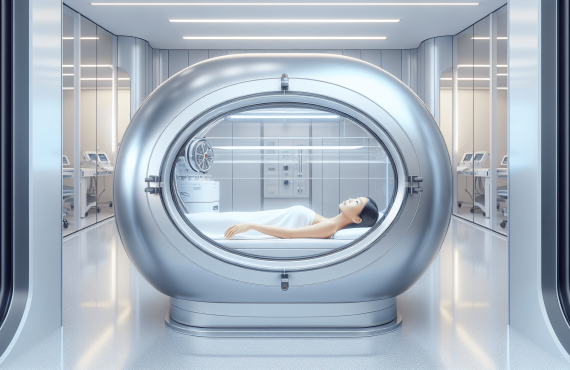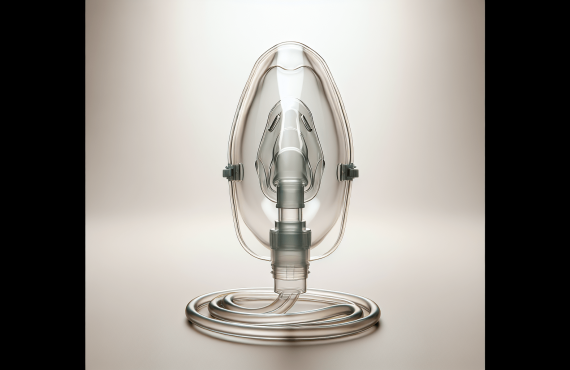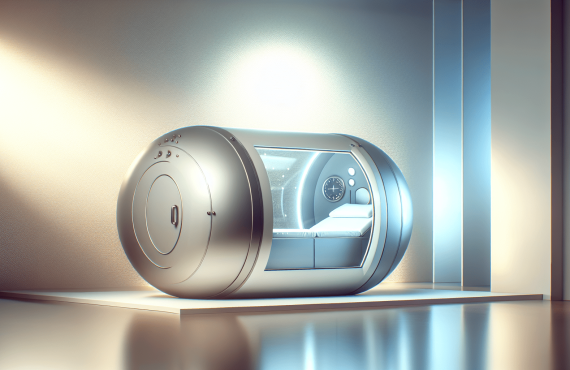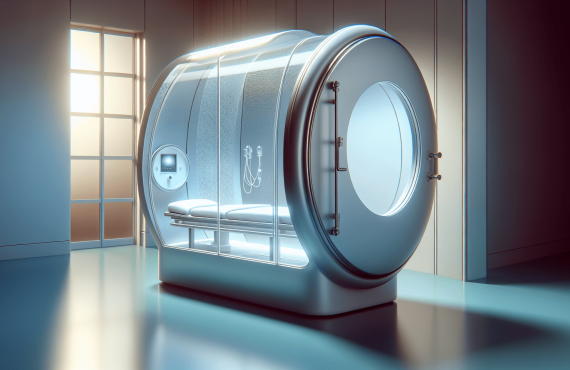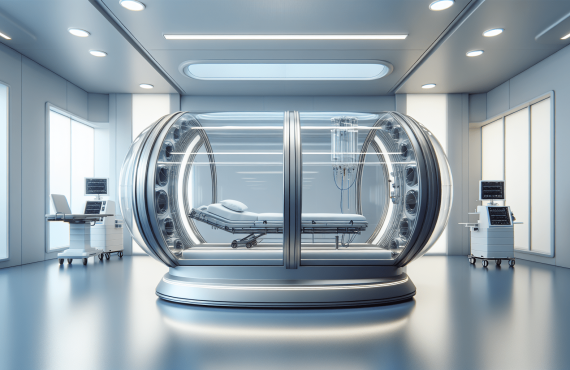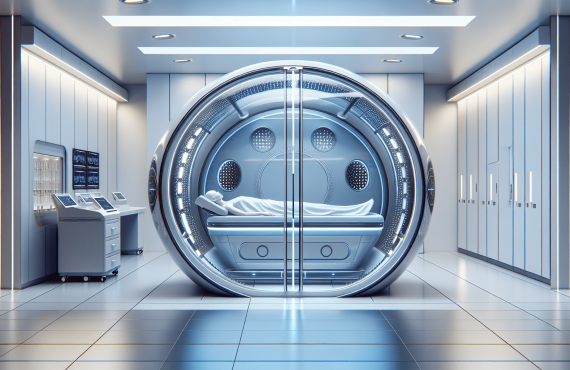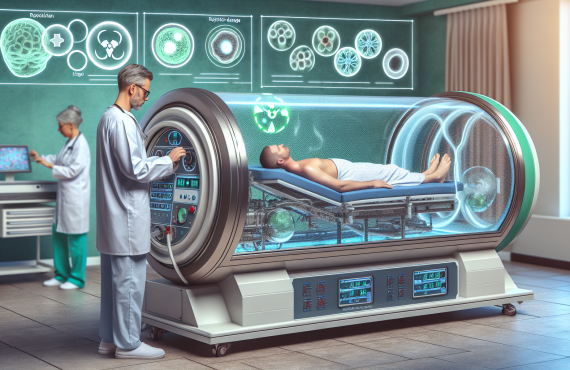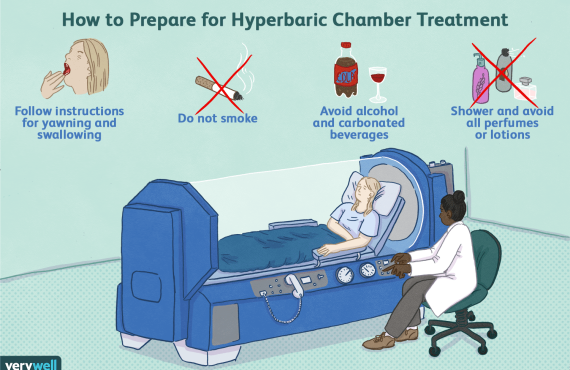Have you ever wondered why some people use oxygen tanks or visit clinics for oxygen therapy? Oxygen therapy supplies extra oxygen to the body when it’s not getting enough to function properly. This kind of treatment becomes necessary for several medical conditions where breathing or the absorption of oxygen is an issue. So which conditions call for this type of therapy, and how exactly does it work?

Table of Contents
Understanding Oxygen Therapy
What is Oxygen Therapy?
Oxygen therapy involves providing additional oxygen to patients who cannot get enough from normal breathing. People receive this therapy through tanks or masks designed to deliver oxygen to the lungs, enhancing blood oxygen levels and improving overall health. While breathing seems simple, many rely on oxygen therapy to better their everyday lives.
How Oxygen Therapy Helps
Oxygen therapy serves as a critical treatment, boosting oxygen levels in the blood, ensuring that vital organs get what they need. It’s akin to supplying fuel to a car to make sure it runs smoothly. Without sufficient oxygen, organs start to falter, leading to a range of health issues. This therapy not only helps with breathing difficulties but also speeds up recovery from some illnesses.
Conditions Requiring Oxygen Therapy
Chronic Obstructive Pulmonary Disease (COPD)
COPD is one of the leading reasons for oxygen therapy. This term encompasses conditions like chronic bronchitis and emphysema, which damage the lungs and restrict airflow. Oxygen therapy eases the burden on the lungs, increases energy levels, and enhances overall quality of life.
Severe Asthma
In severe asthma, airways become severely inflamed and narrow, making breathing difficult. Supplemental oxygen can provide relief during intense attacks, ensuring oxygen still reaches the bloodstream when breathing is compromised. This alleviates strain on the lungs and helps patients recuperate faster.
Pneumonia
Pneumonia inflicts an infection in the lungs, often leaving them laden with fluid. This condition makes it challenging for oxygen to enter the bloodstream. Oxygen therapy becomes essential in maintaining adequate oxygen levels until the infection subsides, supporting quick recovery.
Cystic Fibrosis
Cystic fibrosis is a genetic disorder that causes mucus to accumulate in the lungs, leading to difficulty in breathing. Oxygen therapy aids in maintaining oxygen levels in patients with advanced stages of this disease, helping them manage symptoms and improve their overall well-being.
Heart Failure
Heart failure can affect the efficiency of oxygen distribution throughout the body. When the heart can’t pump blood effectively, oxygen levels sink, and organs become deprived. Oxygen therapy elevates blood oxygen, facilitating proper function and reducing symptoms associated with heart failure.
Sleep Apnea
Sleep apnea disrupts breathing during sleep, often preventing sufficient oxygen intake. Long-term, untreated sleep apnea can lead to serious health complications. Continuous Positive Airway Pressure (CPAP) devices, a form of oxygen therapy, keep airways open, ensuring steady, adequate oxygen flow during rest.
COVID-19 and Respiratory Infections
During COVID-19 and other serious respiratory infections, oxygen therapy has proven crucial for patients struggling to maintain adequate oxygen levels due to inflamed and compromised lungs. Immediate administration of oxygen therapy helps avoid dire consequences and promote recovery.
Anemia
Anemia results from a deficiency in red blood cells, which are responsible for carrying oxygen throughout the body. Severe anemia can lead to organs not getting the oxygen they need, causing fatigue and weakness. Oxygen therapy might be used in acute cases to stabilize oxygen levels as part of a comprehensive treatment approach.
How Does It Work?
Breathing Equipment
Oxygen therapy can be administered through various equipment, depending on the patient’s needs and the severity of the condition. Common devices include:
- Oxygen Concentrators: These devices extract oxygen from the air, concentrating it for patient use. They’re often used at home for chronic conditions.
- Portable Oxygen Tanks: Filled with pure oxygen, these tanks allow mobility, helping patients manage their conditions on the go.
- Nasal Cannulas: These lightweight, comfortable devices deliver oxygen directly to the nostrils.
- Face Masks: Used when higher concentrations of oxygen are necessary, covering both the nose and mouth to provide optimal oxygen delivery.
Monitoring Safety and Levels
Oxygen levels are typically monitored using pulse oximetry, a non-invasive method measuring the oxygen saturation in blood. Healthcare providers adjust oxygen flow rates based on these readings to ensure the patient receives just what is necessary without causing harm from too much oxygen intake.
How Hyperbaric Oxygen Therapy (HBOT) Fits In
What is Hyperbaric Therapy?
Hyperbaric Oxygen Therapy (HBOT) is a treatment that involves breathing pure oxygen in a pressurized room or chamber. This causes a significant increase in blood and tissue oxygen levels, enhancing healing and cell function.
Application and Benefits
HBOT has applications in conditions like chronic non-healing wounds, decompression sickness, and carbon monoxide poisoning. The increased oxygen is beneficial for promoting blood vessel growth, reducing inflammation, and accelerating overall healing processes.
Mechanism
Under pressure, oxygen dissolves more readily in liquids like plasma, delivering more oxygen to areas deprived of it. This is especially useful for damaged tissues or wounds, enhancing their healing by providing an abundance of oxygen crucial for cell repair and defense against infection.

Oxygen Therapy FAQs
Frequently asked questions about oxygen therapy provide further insights into how this treatment can be applied effectively:
1. Is oxygen therapy safe?
Yes, when administered appropriately under medical supervision, oxygen therapy is safe. However, improper use can lead to complications like oxygen toxicity.
2. How long will I need oxygen therapy?
The duration depends on the condition being treated. Some might need it for short periods until they recover, while others with chronic conditions may require long-term support.
3. Can I travel with oxygen therapy equipment?
Yes, many patients travel with portable oxygen concentrators or tanks. It’s wise to check with airlines ahead of time for specifics on carrying oxygen devices.
4. Does insurance cover oxygen therapy?
Most insurance plans cover oxygen therapy if deemed medically necessary. It is recommended to consult with your insurance provider to understand coverage details.
5. Can I become addicted to oxygen therapy?
No, oxygen therapy is not addictive. It’s a supportive measure for conditions where the body cannot get enough oxygen independently. Once it’s no longer needed, it is usually phased out.
Seeking Help: Henry Chiropractic
If you’re seeking avenues for enhancing your health and wellness, particularly if you’re experiencing back or neck pain or looking to elevate how you feel daily, consider reaching out to Henry Chiropractic. Dr. Craig Henry, along with Dr. Aaron Hixon, are esteemed chiropractors providing comprehensive care in Pensacola, FL. They are dedicated to helping you achieve improved health through chiropractic interventions tailored to address your specific needs.
You can connect with them at:
Henry Chiropractic
1823 N 9th Ave
Pensacola, FL 32503
(850) 435-7777
Visit their website
Dr. Henry and Dr. Hixon offer chiropractic treatments aimed at bolstering your overall health. Their expertise can be instrumental not only for specific ailments but for promoting a healthier lifestyle overall.
Conclusion
Oxygen therapy plays a pivotal role in providing relief for individuals affected by a wide range of medical conditions. Whether managing chronic illnesses such as COPD, acute crises like severe asthma attacks, or aiding in the recovery process from severe infections, the importance of oxygen therapy is evident. It stands as a testament to medical science for enhancing life quality and functional capacity for those who need it. If you or someone you know could benefit from understanding more about how oxygen therapy could serve them, don’t hesitate to consult healthcare professionals who can offer guidance tailored to individual health situations.







